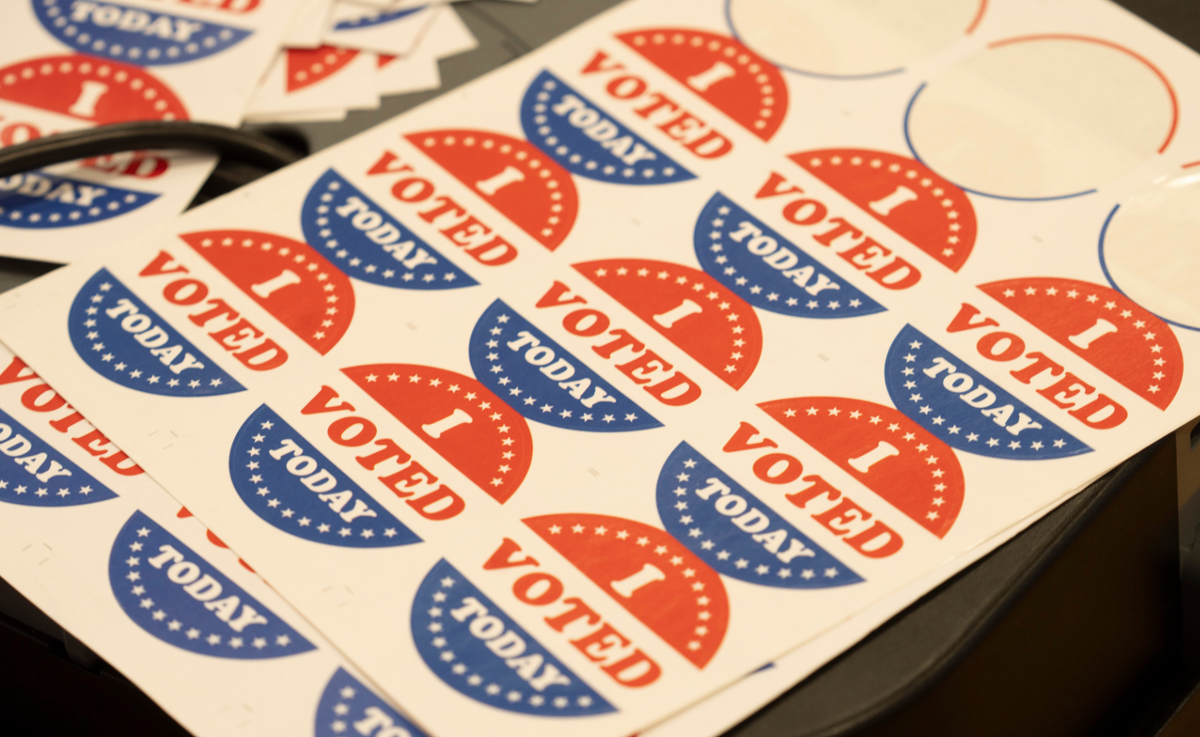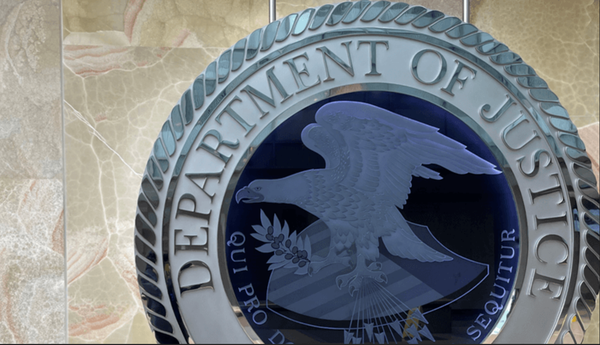Now, It's a Party

Before diving in, I should apologize for light posting over the past month or so. I'm in the home stretch for the book I'm writing on John Doar and the Civil Rights Division. The draft is due to my press next month, but all I have left to finish is the introduction. But with my teaching duties and (gestures broadly) all this, that means the draft has taken up what little free time I have left. I'll be back to more frequent posts once that gets shipped off.
As you might have heard, the Democrats had a pretty, pretty good election night. Whether it was the marquee races – gubernatorial contests in New Jersey and Virginia, the mayoral contest in New York City, the Supreme Court retentions in Pennsylvania, the California referendum on redistricting – or even lesser-visible ones like the state senate victories that killed a Republican supermajority in Mississippi, the ballot referenda that stopped voter suppression measures in Maine, and the stunning results in the Virginia House of Delegates contests, Democrats just pulled off one massive win after another.
All in all, the results have been a welcome reversal of the last nine months, in which Democrats have seemed disorganized and defensive.
Individually, each of these results offers encouragement to ordinary people at the local level who are fighting back even as many elites in politics, business and academia buckle under. But taken together, I think they tell an even more remarkable story about an effective new coalition taking place.
For much of the last year, we've seen pundits looking for a new leader for the Democratic Party – with the emphasis on the singular article there. A leader. One. Much of this discussion has focused on whether it would be a governor like Michigan's Gretchen Whitmer, Illinois' J.B. Pritzker, or California's Gavin Newsom or a congressional leader like Senate Minority Leader Chuck Schumer or House Minority Leader Hakeem Jeffries.
And in recent months, as Zohran Mamdani emerged as a popular candidate on the left who prompted some bizarre overreactions from the center and the right, his name has been thrown into the mix (even though he's fairly young and technically ineligible to be president). And while he's worthy of consideration as a leader for the Democratic Party – someone who can tap into the energies of younger and more left-wing voters that the party badly needs – I think the larger conversation about making him or anyone else the leader of the Democratic Party is missing the point and missing the moment.
What the election returns on Tuesday night showed so clearly is that all of these figures, and many more we hadn't even considered, are leaders of a diverse and suddenly dynamic party. While they were fruitlessly looking for one leader to rule them all, Democrats created a broad based coalition, one which covers everything from the Democratic Socialism of Zohran Mamdani to the more traditional centrism of Abigail Spanberger. Neither of them would be the right leader for the party as a whole, and neither would have run well if they'd been competing in the other's contest. But where they were? They proved to be the right choices.
Democrats were searching for a leader. They found something better: a coalition.
Meanwhile, the Republicans took a beating the likes of which we haven't seen in quite some time. We were all wondering if this massive rebuke of Donald Trump, in which lots of lower-level politicians took a beating for the president's sins, might cause a little concern for those who have been mindlessly following the cult.
The Republican Party has been aggressively pushing gerrymandering plans in red states, for instance, but many of us wondered if the general shift to Democrats in the 2025 elections might give the partisans pushing these plans some second thoughts. Gerrymandering can easily become dummy-mandering, a scheme that can blow up in the faces of those trying to manipulate elections. Maybe, we thought, they'll back off?
The initial answer seems to be: NOPE.
President Trump remains in utter denial about the massive rebuke he received, partially because the dementia-riddled septugenarian has been deceived by his aides and partially because he cannot imagine that the nation largely hates him. His reaction was to double down on everything that's made him so toxic.
Speaker of the House Mike Johnson, meanwhile, came out of his waking coma for a moment this morning to insist that there was nothing surprising here, that it was simply blue victories in blue states and blue cities. It's not the first time Johnson has shown himself to be deep in denial about the real world. (Enjoy!)
So ... Democrats have found their mojo, scored some significant wins and reinvigorated the party. Republicans have responded by deciding to keep doing the same things but maybe a little worse?
OK, then.



